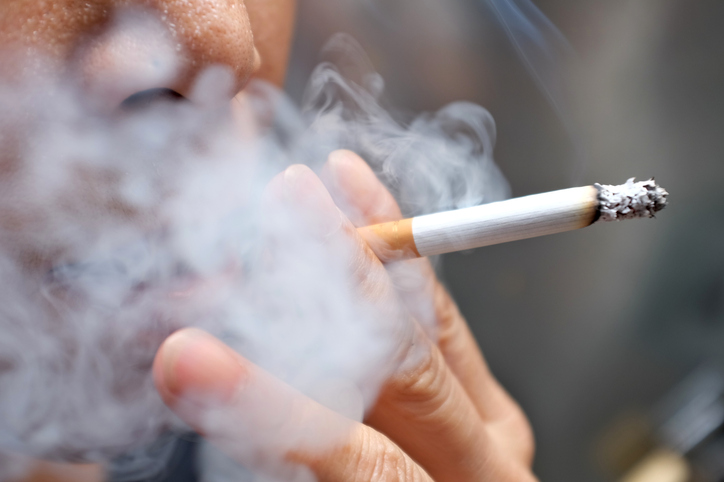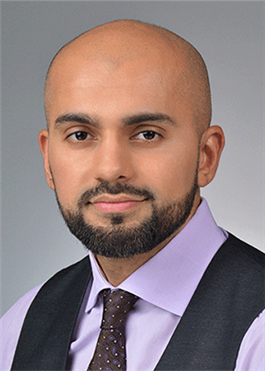
Is there a benefit to quitting smoking if I have already had a cancer diagnosis or is it too late?
It is never too late to quit. In fact, there are significant benefits to quitting smoking:
- Blood pressure lowers just one hour from quitting.
- Smell and taste sensations improve after a day.
- Lung function begins to improve within a month.
- Blood circulation to the lungs normalizes after three months.
- Cilia, which are a key factor in preventing respiratory infections, heal within nine months.
Prevention of infection is critically important for those with a cancer diagnosis. After one year, the risk of heart disease is cut in half. The longer a survivor is smoke-free, the lower their chances are of suffering from recurrent cancer and cancers of other systems, such as the mouth and bladder. Some smokers with lung cancer suffer from comorbid conditions, such as heart disease and chronic obstructive pulmonary disease (COPD). We know that anywhere from 15-40% of people who have smoked will develop COPD.1
In a study of patients with mild to moderate COPD, tobacco cessation reduced disease progression and risk of hospitalization as well as mortality.2,3 Another study demonstrated a significantly lower risk of acute myocardial infarction or “heart attack” in those who stopped smoking.4 Moreover, patients who suffer heart attacks and then choose to stop smoking have reduced risk of hospitalization and death from congestive heart failure.5
Even for patients who have already been diagnosed with lung cancer, there is reduced risk of death in those who stopped smoking after dignosis compared to those who continued to use tobacco.6
The life-saving benefits of quitting smoking continue even after receiving a cancer diagnosis. Smokers who quit have a better quality of life and improved chances of long-term survival.
How will quitting smoking impact my treatment?
Smoking cessation is essential once there is a diagnosis of lung cancer. The toxins from cigarettes continue to affect the cells in the lung leading to abnormal growth and could be a direct hindrance to achieving remission.
Will quitting smoking lower my chances of lung cancer recurrence?
Yes! Not only does smoking cessation reduce recurrence, but it also reduces the risk of developing additional smoking-related cancers. The benefits of smoking cessation also translate into reduction of cancer progression in those diagnosed with early-stage cancer.7
What is the recommended first step for someone who wants to quit smoking but is having trouble?
Just the thought of quitting smoking is an important first step. Once the decision is made, the next step is to find support. Quitting smoking is hard and there is a better chance of success if a loved one or sponsor helps keep accountability. The Built to Quit smoking and tobacco cessation program at Northside Hospital is available to provide support every step of the way. For my patients, I also recommend a book called The Power of Habit by Charles Duhigg.
What resources are available at Northside Hospital Cancer Institute for someone wanting to quit smoking?
Northside Hospital has a fantastic team of individuals focused on helping patients and community members quit smoking, vaping and using other forms of tobacco.
For more information, please call 404-780-7653 or email: smokingcessation@northside.com.
References:
- Fletcher C, Peto R. Br Med J. 1977;1:1645-1648.
- Connett JE, et al. Am J Epidemiol. 2003;157:973-979.
- Multiple Risk Factor Interventional Trial Study Group. Circulation.1996;94:946–951.
- Yusuf S, et al. Lancet. 2004;364:937–952.
- Shah AM, et al. Am J Cardiol. 2010;106:911–916.
- Richardson, GE, et al. Ann Intern Med.1993;119:383-390.
- Parsons A, et al. BMJ. 2010; 340:b5569.

